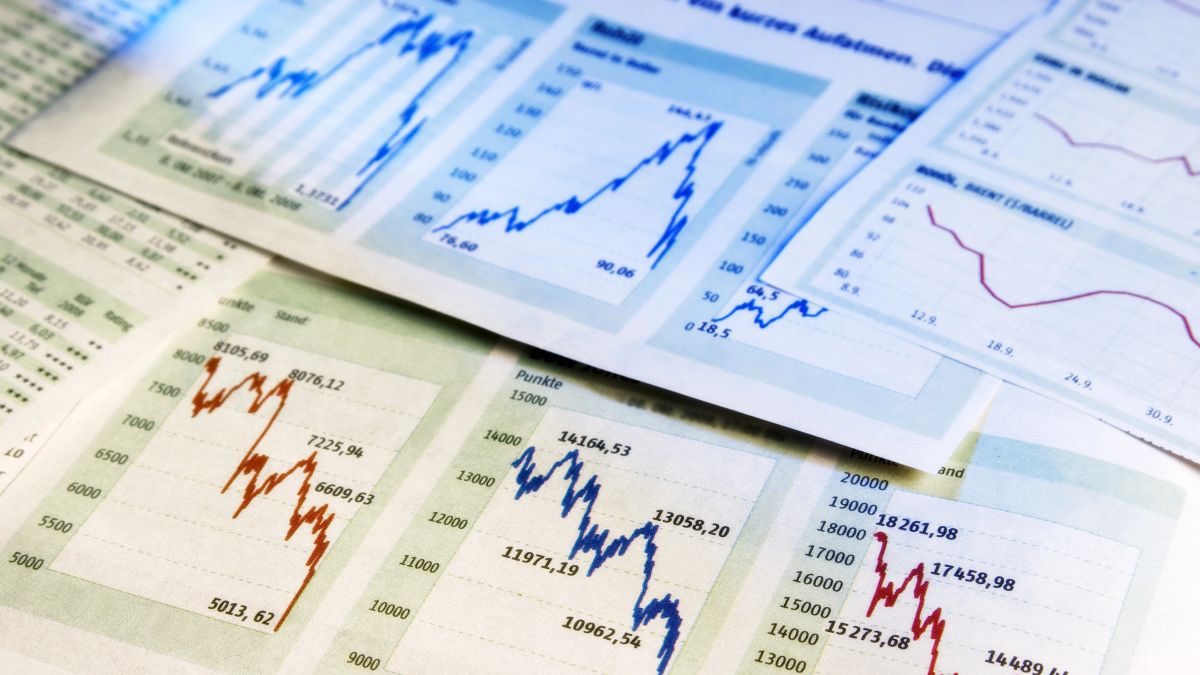Tariffs, Taxes, Economic Policy: New Research Group Investigates Regulatory Uncertainties
Although the tariff dispute between the USA and the EU has been settled for now, it has caused months of uncertainty and turmoil in the financial markets. The newly established DFG research group "Asset Allocation and Asset Pricing in Regulated Markets and Institutions" is investigating how a lack of clarity or predictability in economic policy regulations affects the valuation of assets and investment decisions. The research group, coordinated by the University of Ulm, includes two professors from the Karlsruhe Institute of Technology (KIT).
Political, Economic, and Technological Uncertainties Make Research Highly Relevant
Regulatory uncertainty means that the timing and scope of planned or likely economic policy regulations, such as tariffs or taxes, are unknown. The research group investigates such uncertainties for regulatory measures in three areas: first, in different sectors such as the financial market, the insurance industry, and trade; second, in climate policy; and third, in the tax system.
"We are now specifically interested in how regulatory unpredictability influences the valuation of assets such as stocks, bonds and other financial instruments and changes their attractiveness for investors," explains Professor Nicole Bäuerle from the Institute for Stochastics at KIT. The research is highly relevant because, in times of political, economic, and technological uncertainties, regulatory uncertainties quickly develop into systemic risks, whose effects could spread across many sectors.
The German Research Foundation is funding the research group with approximately 3.2 million euros for four years.
lkr, August 6, 2025

